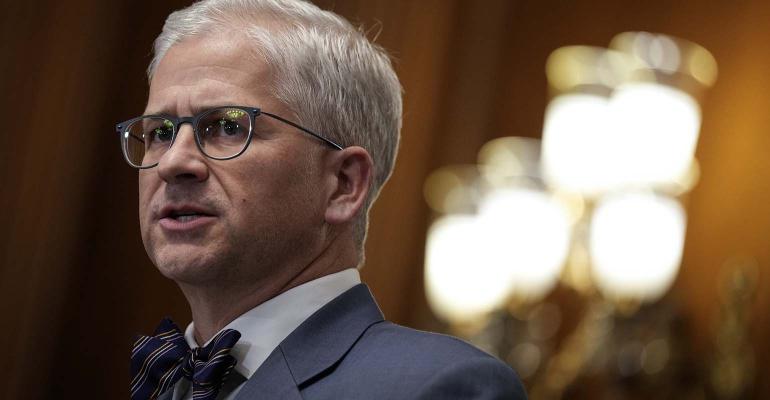Those seeking clarity from Congress on how crypto assets will be regulated have reason to be optimistic that lawmakers could inch closer to a consensus on digital asset legislation this summer.
Over the past two weeks, Republicans on the House Financial Services and Agriculture committees advanced efforts to divide oversight and regulatory jurisdiction duties between the Securities and Exchange Commission and the Commodity Futures Trading Commission. While the push from Chairs Patrick McHenry (R-N.C.) and GT Thompson (R-Pa.) may stall out in a divided government due to Democratic opposition, the effort is notable—coordinating joint committee hearings and legislative proposals demonstrates measurable progress but can be a big lift for committee leaders.
This framework could prompt Senate committees that have been silent on digital assets to consider a legislative strategy to add their imprimatur to the framework or craft their own. We understand that Sens. Cynthia Lummis (R-Wyo.) and Kirsten Gillibrand (D-N.Y.) remain poised to reintroduce their wide-ranging legislation on digital assets, the Responsible Financial Innovation Act, which could tee up other senators to weigh in.
Senate inaction notwithstanding, the recent House efforts show that Republicans who hold important committee gavels are prioritizing crypto legislation that will impact how digital assets are regulated.
Changes in Charitable Giving?
Defining the rules of the road for crypto markets will help determine how secure digital asset investors feel, which could lead to changes in the charitable giving of these assets.





